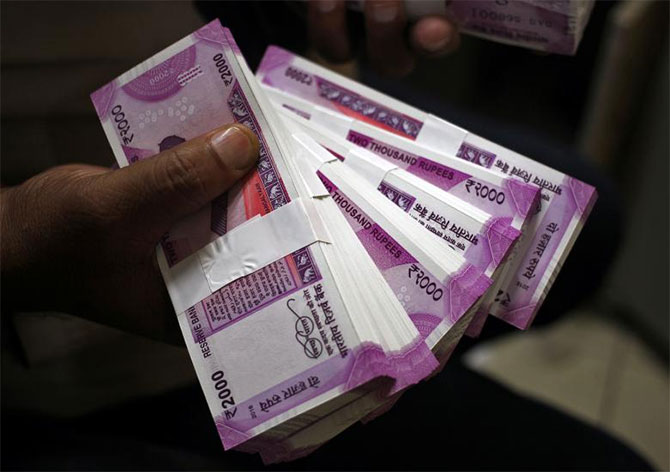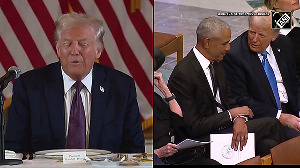Most of these alleged tax evaders hail from Kolkata, Mumbai, Ahmedabad, Surat, and Delhi.

The fear of abolition of the long-term capital gains (LTCG) tax benefit is back on Dalal Street as another 11,000 cases of penny stock trading abuse have come to light.
The Securities and Exchange Board of India (Sebi) sent a fresh list last week of entities that had allegedly misused capital gains provisions to evade Rs 34,000 crore in taxes to the income tax (I-T) department.
Although the regulator has stepped up vigilance, instances of such abuse are increasing. The government has hinted at a possible revocation of the capital gains benefit for stocks held for more than one year.
Sebi shared the data with the tax authorities after investigations revealed 11,000 entities had bought shares of more than Rs 500,000 each in the last three years in listed companies that might not have any business operation.
Sebi has identified these entities using data analytics and trading and surveillance data over the past three years.
An I-T official confirmed the department had received a new list from Sebi and had initiated inquiries. “From the transaction details provided, it appears these entities have misused the stock market for evading taxes and possibly even for laundering money,” he said.
Profit on sale of shares of listed companies where the securities transaction tax has been paid does not attract long-term capital gains tax if the investment is held for more than 12 months.
However, Sebi and the I-T department have found this provision is often misused by rigging the prices of penny stocks.
“Those desirous of generating fake LTCG receipts approach stock market operators who directly or indirectly control listed companies, which generally are penny stocks,” said a Sebi official.
Operators advise beneficiaries to invest in such listed firms, which accordingly allot shares on a preferential basis at a nominal rate. These shares are under a lock-in period for a year. Subsequently, these operators manipulate the scrip price.
They also rope in entities to provide the "last traded price" for booking long-term capital gains and also for buying shares at a higher price. The beneficiary pays cash to the operator through a multi-layered structure from the gains made by evading the tax.
Most of these alleged tax evaders hail from Kolkata, Mumbai, Ahmedabad, Surat, and Delhi.
The I-T department had warned against 32,000 entities in the past that were alleged to have misused the exchange to evade taxes. However, Sebi sent back the cases to the tax authorities earlier this year citing lack of evidence.
The market regulator had said then the evidence provided by the tax department was not sufficient to establish connections between promoters of companies, beneficiaries and "last traded price" and "exit" providers.
Sebi also had reservations that the cases were about tax evasion, which does not fall under its purview. However, if prices of shares are manipulated, it can proceed under Section 11B of the Sebi Act, which allows it to impound the sale proceeds.
Photograph: Mukesh Gupta/Reuters












 © 2025
© 2025